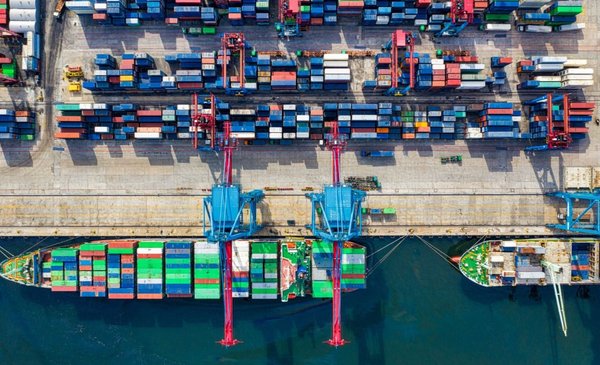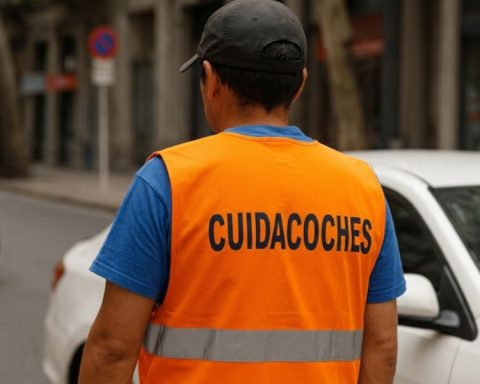This Monday a Chinese delegation will arrive in Uruguay to begin talks with government authorities for the Free Trade Agreement (FTA) between the two countries.
In that framework, agro-exporters spoke with The Observer and they agreed that, if the agreement were finalized, it would be something very positive for the competitiveness of the sectormore than anything for tariff issues.
In 2021, Uruguay paid a floor of some US$240 million to Chinese customs for goods exportsof which the majority belongs to beef (US$ 188 million).
Good eyes from the dairy
Alejandro Pérez Viazzi, vice president of Conaprole, said that the company sees “these advances very well,” given that producers have long expressed the importance of having some kind of trade agreement or quotas with China, one of its main markets.
Powdered milk (the main exported dairy item) enters the Asian giant with a 10% tariffwhile New Zealand —Uruguay’s main competitor— will have 0% tariffs in that market as of January 1, 2024, Pérez Viazzi said.
Conaprole
Powdered milk is the main exported dairy product.
“If we reach that date without having any tariff agreement, they would be leaving us out of China,” he warned. 25% of Conaprole’s exports go to China, the second destination for Uruguayans. “It is vitally important to have an agreement to compete on equal terms”, remarked the director of Conaprole.
The government has set itself the goal of moving this FTA forward, and the actions of the authorities and diplomats have been very positive, he stressed. The goal of achieving this agreement “is to obtain the same competitive conditions to be able to sell Uruguayan work as well as possible,” he assured.
Preliminary agricultural look
Soybeans, the country’s main agricultural export product, are placed mainly on the Chinese market.
Depending on the year, that market imports between 60% and 80% of the soybeans produced in Uruguay, commented Gabriel Di Giovannatonio, president of the Association of Grain Merchants (ACG). For these exports, Uruguayan companies must pay a 3% tariff.
Di Giovannantonio maintained that although the look that can be had on the FTA is preliminary because there is still not much information on the conditions of the treaty, “all the commercial opening of Uruguay is welcome”.
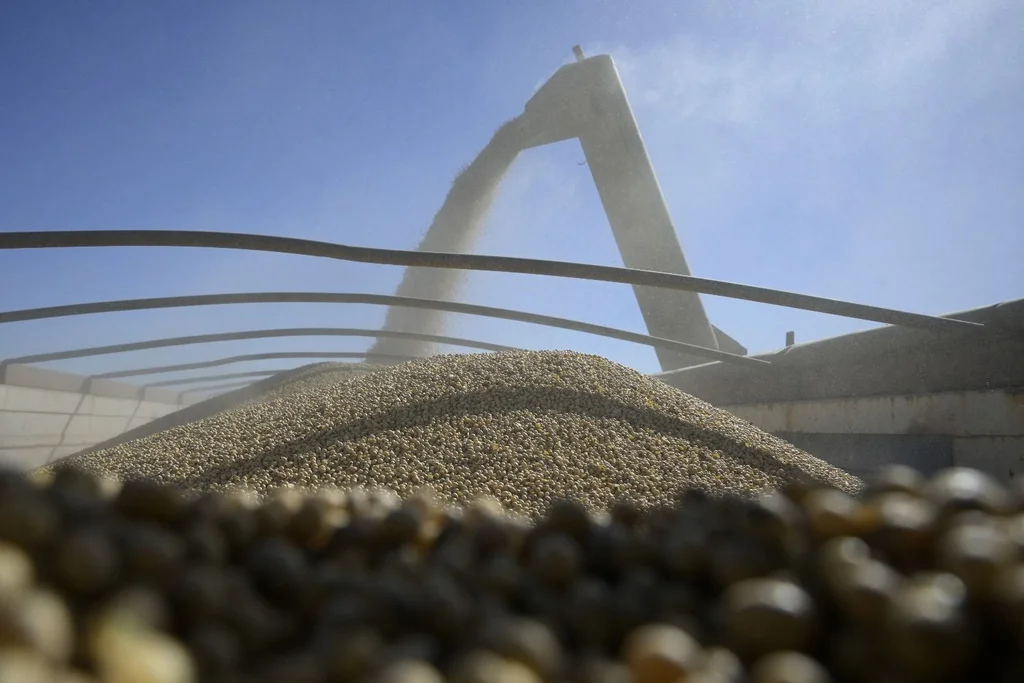
JUAN MABROMATA / AFP
Soy is the main agricultural export item.
Although — for the agricultural market — things may not change much, given that the tariffs “are low”, he said.
The exporter and manager of Cargill commented that they have been working very well on the subject, and that “the government has done an interesting job.”
“The exercise that Uruguay is seeking to open markets and trade flow is excellent, but we still do not have all the information to know if it affects us positively or negatively”he limited, and assured that, in addition to tariffs, trade commitments and negotiations on phytosanitary aspects must be taken into account.
Good news for wool
The main market for Uruguayan wool and sheep meat is China.
Romeo Volonté, manager of the Uruguayan Wool Secretariat (SUL), assured that that country has “absolute relevance” in the sector’s exports. And although the negotiations for the agreement are in “preliminary stages”, the advances are seen as good news. In that country, wool pays an entry fee of 38%.
“China has always been our main export destination and since 2020 it has also been for sheep meat,” said Volante.
The SUL manager reported that 20% of washed wool was located in that country last year, along with 69% of dirty wool and more than 80% of sheep meat.
Advances for this sector will depend on the conditions signed between the two countries. In any case, the sheep sector expects the Uruguayan government to request better access conditions, which would increase competitiveness against other countries such as New Zealand or Australia, which not only have a geographical advantage but also a tariff advantage due to current trade agreements.
“It remains to be seen what the conditions will be, but we have no doubt that the balance will be very positive”Volante considered.
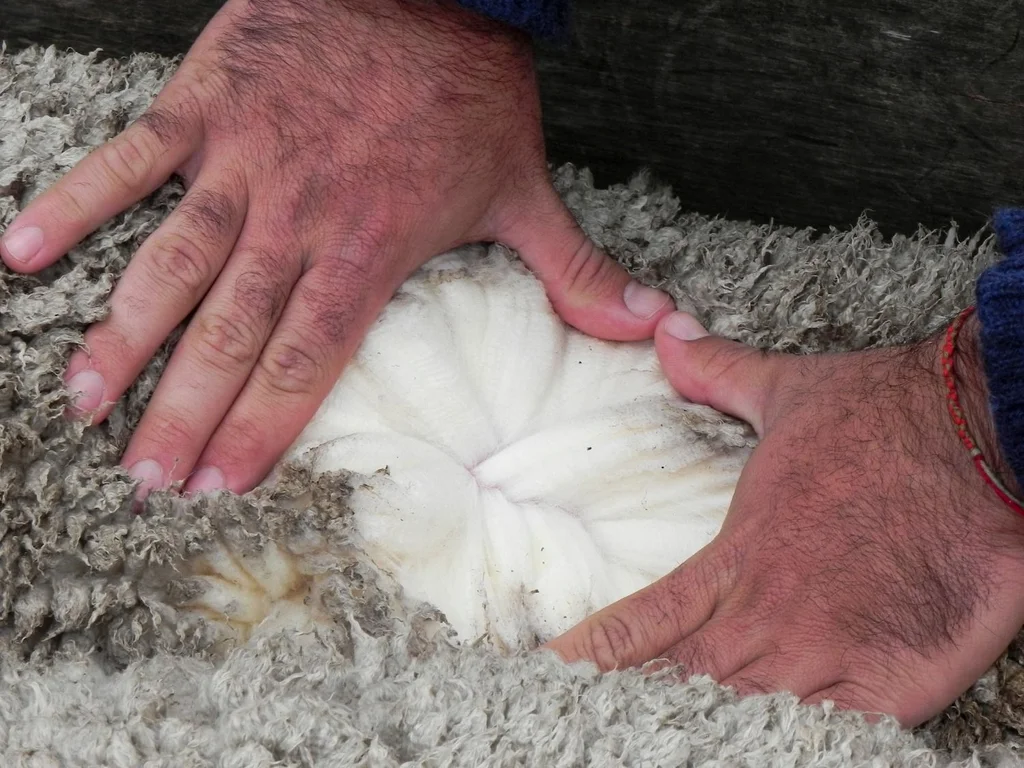
China is the main market for Uruguayan wool.
Live cattle positive
Live cattle is another of the export items that would benefit from this FTAsaid Federico Di Santi, director of the Di Santi desk. “Without a doubt, if this treaty is finalized, it will be something positive,” he said.
Like other items, Uruguay’s direct competitors in this business are New Zealand, Australia and Chile, which already have trade agreements with China and have achieved a large reduction in the tariff burden to sell live cattle.
“Concreting the FTA could mean the possibility of becoming more competitive year after year,” said the operator. According to Di Santi, it is not yet possible to assess whether the agreement will allow more cattle to be exported on the hoof, but it will put the country in a better position compared to its competitors.
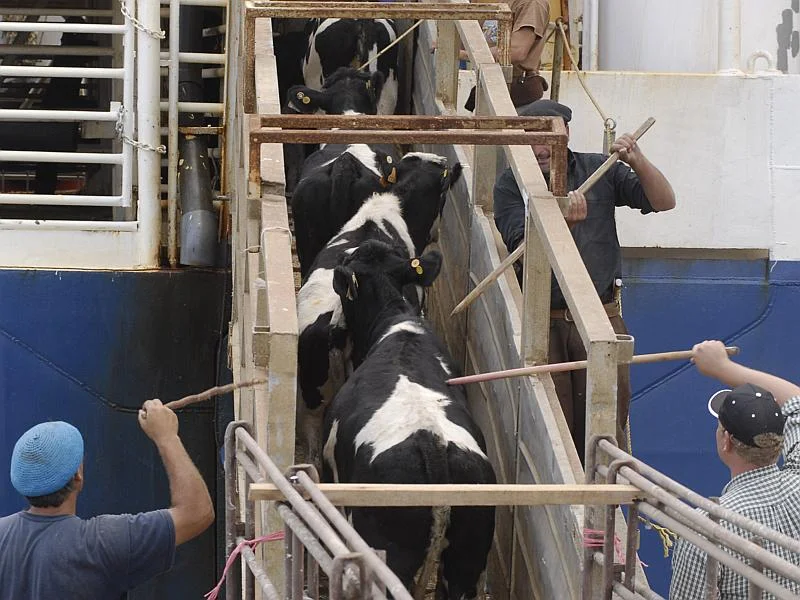
Uruguay exports live cattle to China for breeding.
Live cattle – which are sent for breeding – enter China with tariffs of around 24%, although they vary depending on the province to which they are destined and if they have a pedigree certificate, which in some cases allows exempting part of those tariffs, he explained.
The businessman approved the advances in trade policy: “I see a government that, beyond saying that it is open, is moving in that direction.”
